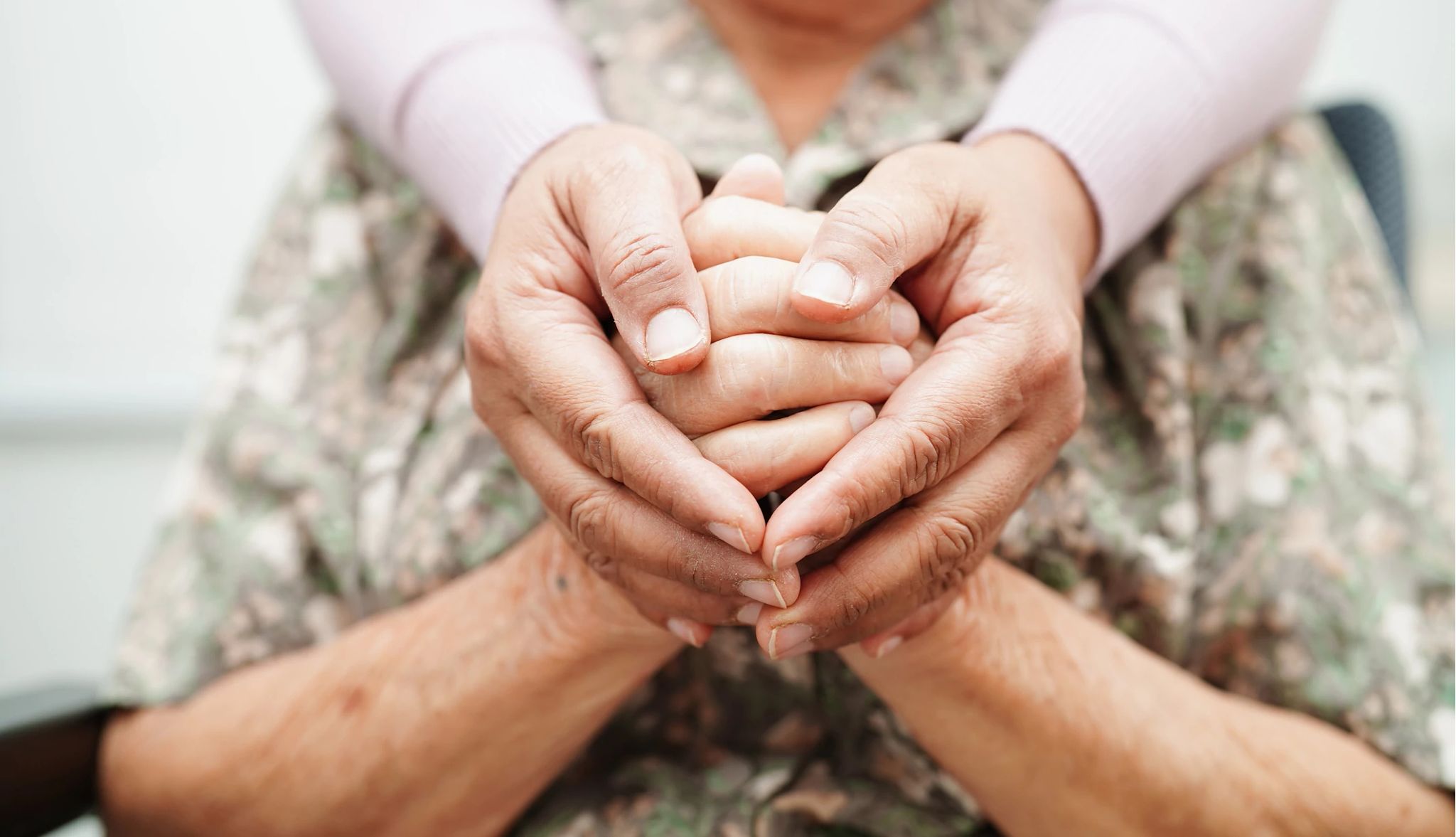
- Select a language for the TTS:
- UK English Female
- UK English Male
- US English Female
- US English Male
- Australian Female
- Australian Male
- Language selected: (auto detect) - EN
Play all audios:
Some milestone birthdays come with highly anticipated perks. Turning 16 years old means you're old enough to drive in most states. Eighteen means you're old enough to vote. And 21
means you're old enough to drink alcoholic beverages. Other birthdays open the door to rights and privileges that, while certainly less well known, may turn out to be just as important.
For instance, 40 years old is the age that the federal Age Discrimination in Employment Act (ADEA) starts to protect workers from age bias on the job. That's a big deal for
millennials. Even though they still often are thought of as perpetually young, the oldest members of that generation—which includes people born in 1981 through 1997—turn 40 this year.
"Older millennials are still assumed to be young,” says Elizabeth Tippett, an associate professor at the University of Oregon School of Law. “I don't think we've yet seen what
the stereotype version of older millennials is. It might be not being able to type as quickly on your smartphone or not being on TikTok or using Facebook too much? I don't know. We
have yet to see what the stereotype older millennial is." Part of where that perception of older millennials will be shaped is in the workplace. While age discrimination isn't
something for members of the generation to look forward to, it is something they should be prepared for. According to the Equal Employment Opportunity Commission (EEOC) — the federal agency
responsible for handling discrimination complaints — people ages 40-54 accounted for 37 percent of all age-discrimination complaints in 2017. While the age range within that group is
significant, the percentage suggests that even among the youngest people protected by federal discrimination law, many are experiencing what they see as bias in the workplace. In fact,
recognizing that bias may be what's holding you back can be the key to unlocking job opportunities and advancing your career. "A lot of people are shocked when age discrimination
hits, because it's something totally new to them,” says Laurie McCann, senior attorney for AARP Foundation Litigation. “They've never really had to think about being treated
unfairly or unlawfully in the workplace or anywhere." AGE BIAS IN EMPLOYMENT TAKES MANY FORMS Firing someone because of their age or declining to hire someone based on age are two of
the most recognizable ways that older workers may face discrimination in the workplace. But age bias certainly isn't limited to those two situations. "If you feel like you're
being passed over for some plum assignments, if you've asked to go to training and you've been told the budget doesn't allow for it — yet you see a younger colleague being
able to go to those trainings — that's when your radar needs to go up,” McCann says. “Nobody wants to think of themselves as getting older, but you need to put your pride aside and
recognize that you could be facing discrimination based on your age." Age bias may also occur in the form of comments by coworkers or other types of harassment in the workplace. The
term “millennials” sometimes is cast as a pejorative, blaming that age group for any new trends or changes in American culture — everything from the rise of avocado toast to the end of
shopping malls. But now that some members of this generation are old enough to be protected by the ADEA, comments blaming such things on millennials soon may no longer be acceptable on the
job.






